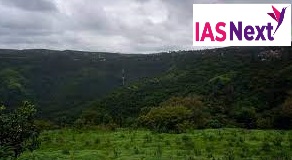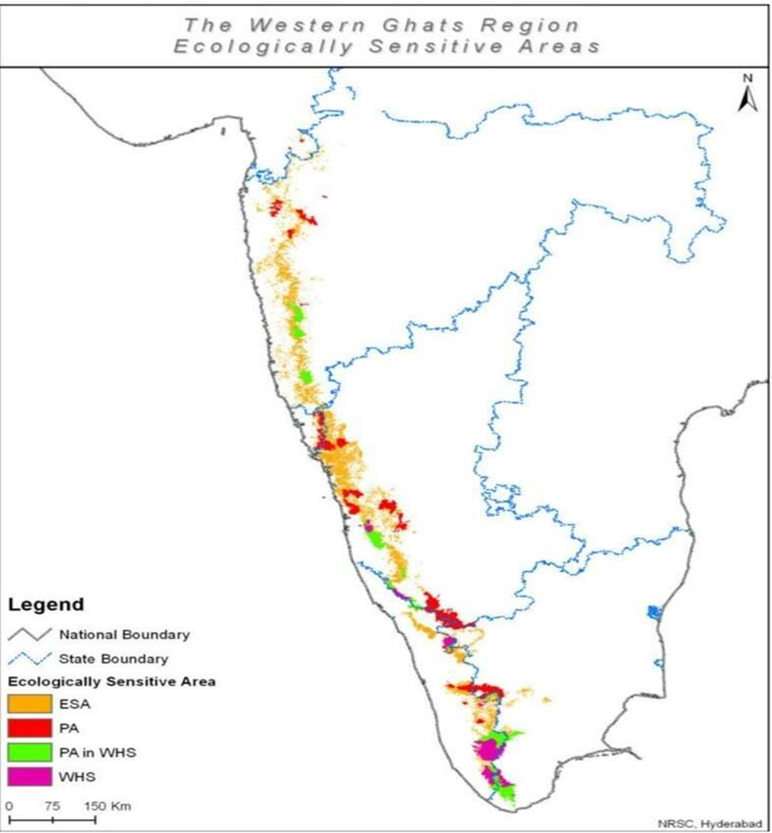CURRENT AFFAIRS
Get the most updated and recent current affair content on Padhaikaro.com
Kasturirangan Committee on Western Ghats
- IAS NEXT, Lucknow
- 09, Dec 2021

Reference News:-
Recently, Karnataka Chief Minister Basavaraj Bommai informed the Centre that the state is opposed to the Kasturirangan Committee report on Western Ghats.
- He said that declaring Western Ghats as ecologically sensitive zone would adversely affect the livelihood of people in the region.
- However, the experts called the state’s opposition disastrous for the ecologically fragile Western Ghats.
What did the Gadgil Committee say?
- It defined the boundaries of the Western Ghats for the purposes of ecological management.
- It proposed that this entire area be designated as ecologically sensitive area (ESA).
- Within this area, smaller regions were to be identified as ecologically sensitive zones (ESZ) I, II or III based on their existing condition and nature of threat.
- It proposed to divide the area into about 2,200 grids, of which 75 per cent would fall under ESZ I or II or under already existing protected areas such as wildlife sanctuaries or natural parks.
- The committee proposed a Western Ghats Ecology Authority to regulate these activities in the area.
Why was Kasturirangan Committee setup?
None of the six concerned states agreed with the recommendations of the Gadgil Committee, which submitted its report in August 2011.
- In August 2012, then Environment Minister constituted a High-Level Working Group on Western Ghats under Kasturirangan to “examine” the Gadgil Committee report in a “holistic and multidisciplinary fashion in the light of responses received” from states, central ministries and others.
- The Kasturirangan report seeks to bring just 37% of the Western Ghats under the Ecologically Sensitive Area (ESA) zones — down from the 64% suggested by the Gadgil report.
Recommendations of Kasturirangan Committee:
- A ban on mining, quarrying and sand mining.
- No new thermal power projects, but hydro power projects allowed with restrictions.
- A ban on new polluting industries.
- Building and construction projects up to 20,000 sq m was to be allowed but townships were to be banned.
- Forest diversion could be allowed with extra safeguards.

Importance of Western Ghats:
- The Western Ghats is an extensive region spanning over six States. It is the home of many endangered plants and animals. It is a UNESCO World Heritage site.
- It is one of the eight “hottest hot-spots” of biological diversity in the world.
- According to UNESCO, the Western Ghats are older than the Himalayas. They influence Indian monsoon weather patterns by intercepting the rain-laden monsoon winds that sweep in from the south-west during late summer.